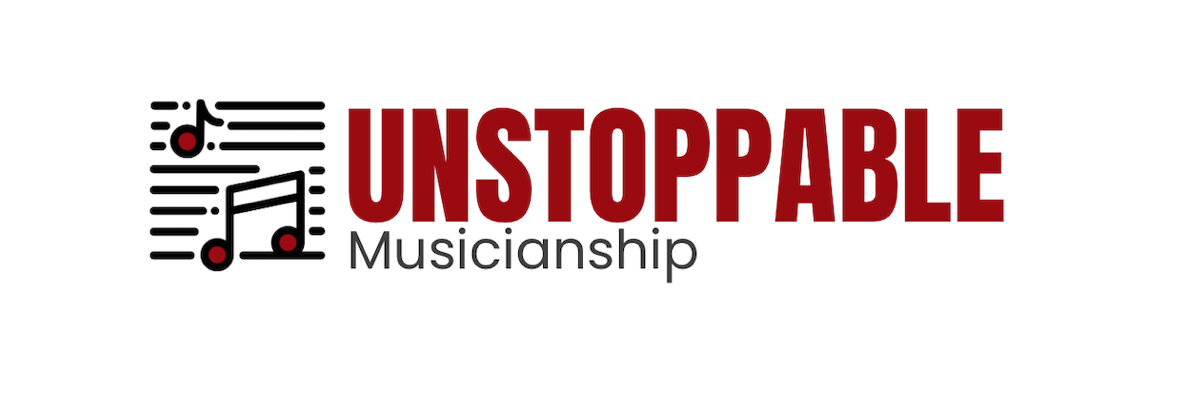If you had a Maserati, why would you keep the emergency brake on?
When I came in as a new manager and didn't know anything about the teams I would be managing, I spent time initially just watching them and getting a feel for how things ran.
After a couple releases, I knew the teams were good, and I wondered how good. People were worried about the upcoming release; enough cans had been kicked down the road that this release had become a "kitchen sink" Hail Mary of releases that was high risk. I told the teams I knew this would be a challenge, that I trusted them to do their best, and that I had enough confidence we would deal with whatever arose when it arose.
It was my first attempt at actively working to create self-empowered, self-organizing, self-correcting teams. While some people were waiting for Armageddon to rain down on the newbie who obviously didn't know what she was doing, I basically assumed I had a Maserati, and floored the pedal to see what would happen. I had read an insightful article that said good managers learn to throw, not catch, so I freed myself to focus instead on keeping the administrative headaches out of my teams' way. That meant creating daily scrum notes (especially useful when key product team members were remote at client sites), building a project summary status page that kept everyone updated, squirreling away all sorts of useful information so it was one click away, dealing with broken laptops / old monitors even for people not in my teams, making sure contractors got their paychecks on time, realizing person A Really needed to talk to person B, stepping in with a needed crucial conversation when the teams were less adept at this at the time, thanking the heck out of everyone because I knew I was 100% dependent on all of them, etc. By keeping those headaches away from the teams, they could fully focus - uninterrupted - on solving deep technical problems.
They delivered. Granted, it was scary at times, and I'm sure it could have gone really, really south, but I took a chance and the teams rose to the occasion.
For me to take a stronger hand in leadership would have slowed the teams down as they tried to get me up to speed, and would have completely discounted the hidden power that was unleashed when I decided to hit the gas and stay off the brake. I knew they would come up with better solutions faster, so why should I meddle?
How much value did that uncovered power represent to the company? What would it have cost if I didn't have the courage to trust that the teams could deliver?
